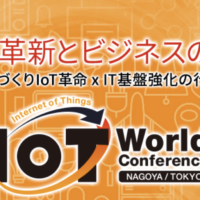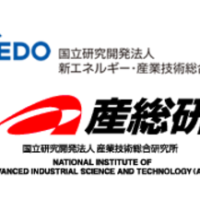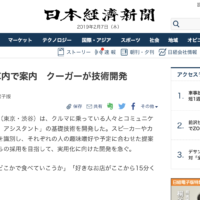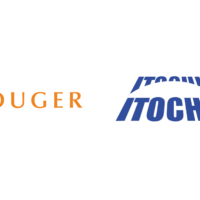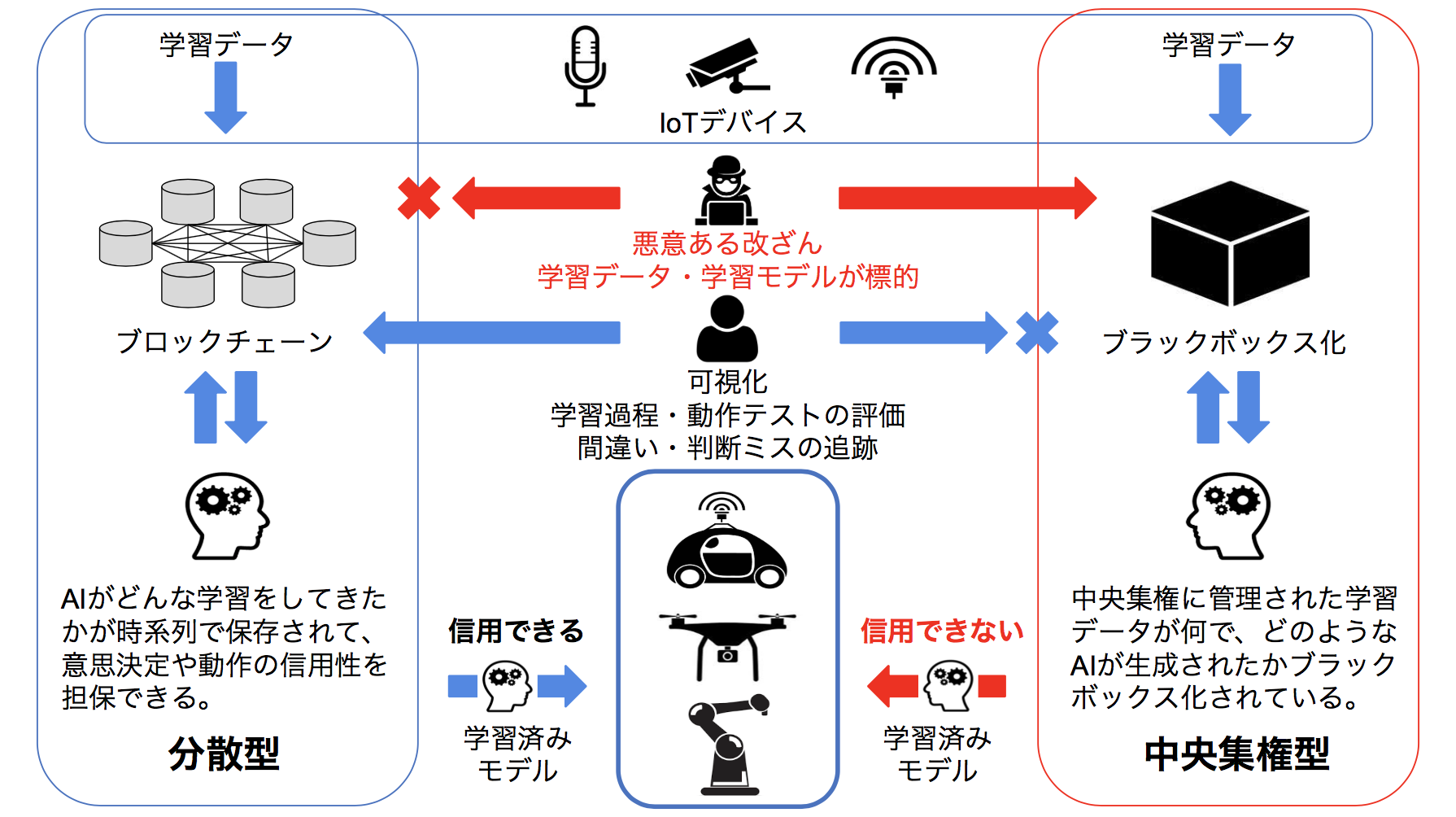
Couger Inc. (Headquarters: Shibuya-ku, Tokyo; CEO: Atsushi Ishii; hereafter "Couger") has developed "GeneFlow," a system that records AI learning and execution history on the blockchain to ensure AI reliability as part of its "LUDENS" technology that combines AI, IoT, AR/VR, and blockchain to make space smart. In addition, we are recruiting external partners to begin closed testing of this technology.
Couger has been working on the GeneFlow project since early on in the development of AI and robotics technologies. This can check the reliability of AI based on its learning and execution history. We have been developing technologies for the major public blockchain "Ethereum" and the consortium blockchain "Quorum". In addition to internal demonstration tests, we will conduct closed tests with external partners, aiming to achieve the performance required in actual applications and support for large-scale data.
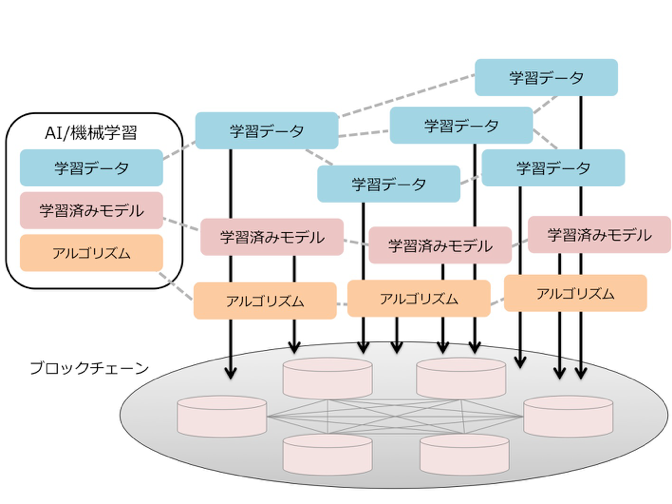
■Background
The field of AI continues to evolve significantly with machine learning and its related technology: Deep Learning. Machine learning is characterized by the fact that it relies more heavily on data to be learned rather than on algorithms, and any AI can become any AI depending on the training data. In order to automate hardware that makes sophisticated and complex decisions, such as robots, it is essential to utilize and learn from countless amounts of training data. In line with this, there is concern about the "black box problem," in which the basis for AI decisions is not known.
In addition, we are entering the era of the IoT, and the amount and type of communication data will explode as countless hardware, including self-driving cars, drones, and smart speakers, are connected to the Internet. In conjunction with this, it is expected that we will reach a state of "AI Everywhere," where AI that processes such data in near real-time will be installed in all devices.
What will become important in such a situation is the history of "what data has AI learned" and "what were the results of AI decisions (execution results)" in order to ensure the reliability of decision-making and operations.
■Applications (Problem Solving)
GeneFlow is classified into three functions: learning process, execution process (inference process), and optimal model selection. In the learning process, the learning history of what data the AI has learned is stored in the blockchain. The learned models and training data are stored in a distributed file system. The execution process calls the learned models from the distributed file system and displays the results of the execution on the target data. Optimal model selection evaluates multiple trained models generated in various combinations and allows selection of the best model.
All of this history is recorded on the blockchain, so it cannot be tampered with or lost, providing greater confidence in the AI's behavior and origins. In addition, since the history is assured, highly reliable and secure training data and learned models can be shared among multiple companies and research institutions.
URL: https://couger.co.jp/jp/detail05.html
[ About “LUDENS” ]
We are developing our proprietary technology, “LUDENS”, which combines AI, IoT, AR/VR, and blockchain to make space smart.




